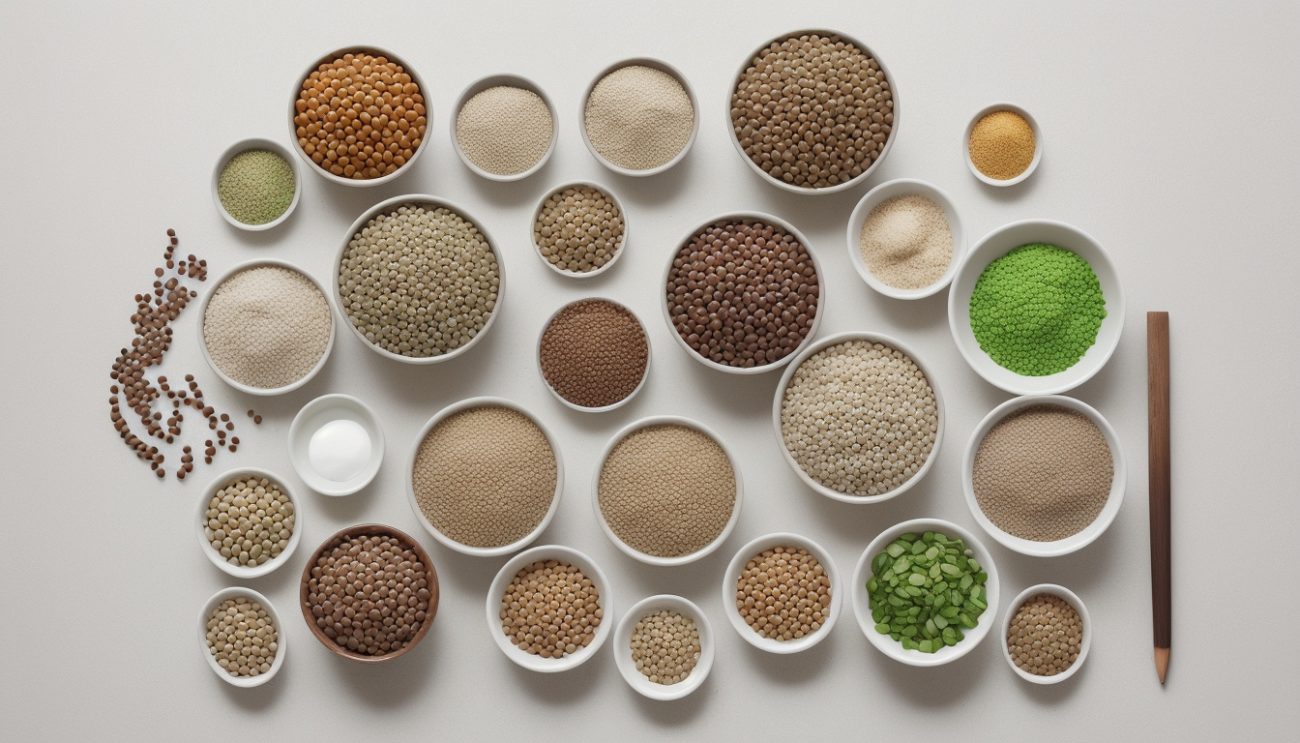9 Most Common Nutrient Deficiencies & How To Prevent Them
9 Most Common Nutrient Deficiencies & How To Prevent Them Many nutrients are essential for good health. Although most of us are aware of the benefits associated with eating a balanced diet nearly 10% of people
9 Most Common Nutrient Deficiencies & How To Prevent Them
Many nutrients are essential for good health. Although most of us are aware of the benefits associated with eating a balanced diet nearly 10% of people in the world suffer from nutrient deficiencies. Nutritional deficiency diseases contribute to almost 20% of deaths worldwide. The main reason behind it is the poor dietary patterns that are followed.
Failing to get the right nutrients can lead to many health issues like fatigue, night blindness, osteoporosis, diabetes, high blood pressure and even acne.
Our diets today are devoid of the right nutrients and are replaced with the junk that our body doesn’t need. You may be eating a sufficient amount of food, and a fair share of fruits and vegetables but still there is a fair chance that you may not be getting enough nutrients.
Telltale symptoms are usually the first clue that you are low in some key nutrients and minerals. Once the nutrition deficiency is detected, it is treated by providing the right nutrients needed in the diet either by food or supplements.
In some severe deficiency cases, IV infusions may become vital to replenish what is missing.
In this article, we will talk about some commonly occurring nutritional deficiencies and the best way to treat them. the good news is that it’s easy to remedy these issues when done at the right time, and can get you back on track toward optimal health. Read on!!
What are the 9 most common nutrient deficiencies?
- Iron deficiency:
Iron is an essential nutrient. you may have iron deficiency ‘anaemia’ if you witness the following symptoms :
- Excessive fatigue
- Inflammation of tongue
- Shortness of breath
- Chest pain
- Unusual cravings for substances like dirt, raw rice etc.
- Brittle nails
When our body doesn’t have enough iron required to produce haemoglobin, we can develop iron deficiency.
The best way to treat iron deficiency is to enrich your diet with food rich in iron as well as by taking iron supplements.
- Calcium:
Calcium is not only the building block for strong bones but also a key mineral for nerve and heart health. A calcium deficiency may lead to weaker bones that tend to break up easily. Most adults require 1000mg of calcium per day. Thankfully calcium deficiency is easier to treat and involves adding more calcium to your diet. Calcium-rich foods include dairy products like milk and cheese, and green vegetables.
Your doctor may prescribe calcium supplements if required.
- Iodine Deficiency:
Iodine is an essential nutrient for normal functioning and the production of thyroid hormones. It is one of the most common deficiencies affecting nearly one-third of the world’s population.
The most common symptom of iodine deficiency is ‘Goiter’, which is the enlargement of the thyroid gland leading to shortness of breath, weight gain as well as increased heart rate.
Salt and bread are known to be fortified sources of iodine while seaweed is the richest source.
- Vitamin A Deficiency:
Vitamin A is an important fat-soluble vitamin which helps in maintaining healthy skin and optimal vision. In adults, one of the key symptoms of this deficiency is night blindness.
Oral Vitamin A consumption can be an assured way of treating the deficiency while at the same time a diet rich in sweet potato, Beef liver or boiled spinach can help in meeting daily requirements.
- Vitamin D Deficiency:
If you experience body pain, pain in a group of muscles , mood changes or overall weakness there are high possibilities that you are having Vitamin D deficiency. The main causes of this deficiency can be Less exposure to sunlight.
Try spending sometime in sunshine everyday as this is a great source of vitamin D.
- Magnesium Deficiency:
The primary causes of magnesium deficiency can be dietary inadequacy and malabsorption. The most common symptoms of this deficiency are loss of appetite, fatigue, vomiting, seizures as well as muscle cramps.
People having an addiction to alcohol or diabetes are at high risk of having this deficiency. Including food highly rich in magnesium like almonds, cashew , brown rice and spinach can help meet daily requirements of magnesium.
- Deficiency of Potassium:
Potassium is a useful nutrient and helps in proper working of the heart , nerves and muscles. It delivers nutrients to cells while removing waste at the same time. Its also essential for maintaining a healthy blood pressure.
For obtaining natural sources of potassium try having bananas , lentils , legumes and kidney beans.
- Vitamin B-Complex:
B-complex is a combination of various B vitamins and a deficiency of any one of them can lead to problems. Like a deficiency in
- Vitamin B1 causes Beriberi which is characterized by impaired motor, reflex and sensory functions.
- Vitamin B3 causes Pellagra which is characterized by dementia, Diarrhea and even dermatitis.
- Vitamin B7 causes rashes and thinning of hair and can lead to skin infections
- Vitamin B12 causes loss of appetite, constipation, weight loss and even nerve issues.
Vitamin B-complex deficiency can be prevented by including foods like lean beef, eggs, tuna and boiled spinach in your diet.
- Vitamin C deficit:
An inadequate intake of vitamin C is the primary cause of Scurvy. The main signs of this deficiency include Gingivitis, fatigue, Depression, rashes, and slow wound healing.
Having an orange a day should actually take care of your daily vitamin C requirement while additionally adding broccoli and potatoes are great options too.
All in all to conclude we can say that the best way to avoid nutrition deficiencies is to make sure you are having a proper balanced and nutrition-rich diet. If you suspect that you are having nutritional deficiencies remember to consult your doctor and make sure to determine the causes as well as the risks involved.
Take the remedial actions required at the earliest because a delay in taking them can increase your chances and exposure to other diseases as well.
Remember prevention is always better than cure.



